After the Winter by Guadalupe Nettel, translated by Rosalind Harvey
Guadalupe Nettel’s writing, in an excellent translation by Rosalind Harvey, is spare, occasionally eerie and always elegant.
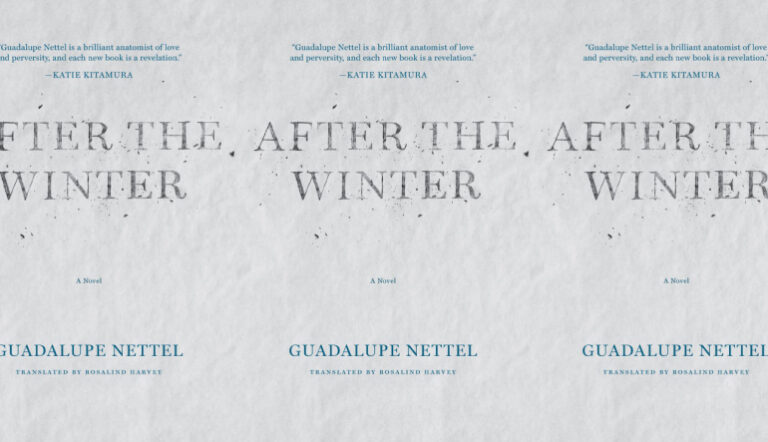
Guadalupe Nettel’s writing, in an excellent translation by Rosalind Harvey, is spare, occasionally eerie and always elegant.
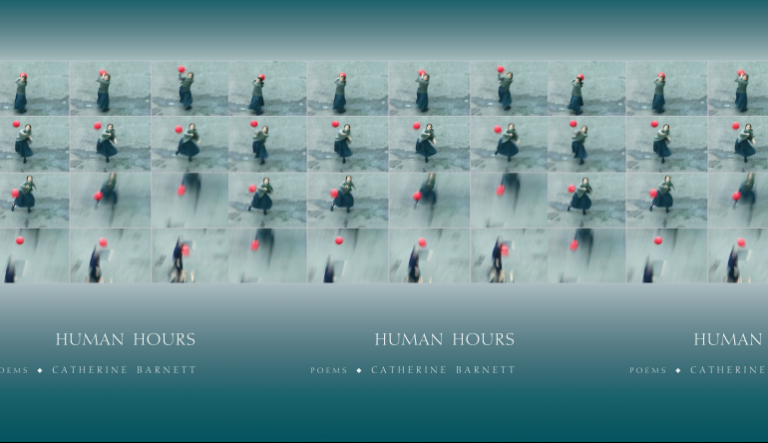
As Barnett unfolds for readers the hours of a particular human life, she simultaneously asks readers to examine their own hours.
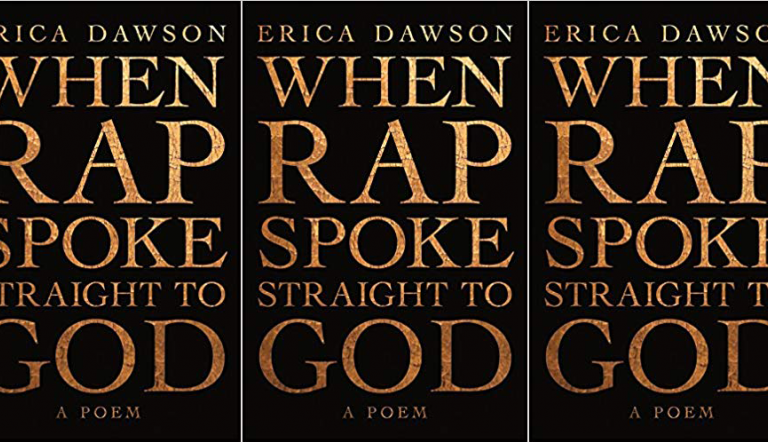
Readers must view Dawson’s book-length poem from an intersectional lens—regarding the impact on the narrative voices of the white gaze, the male gaze, and the gaze of the self—in order to fully experience its nuances.
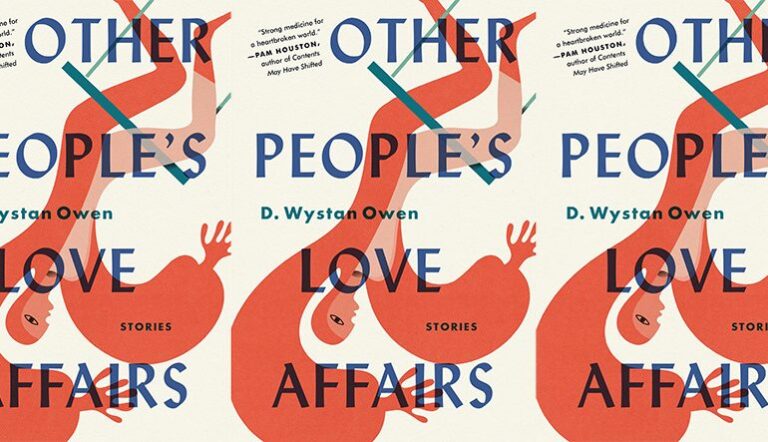
D. Wystan Owen’s beautiful debut collection is a book to treasure. The ten quiet stories are linked by place, but they are also linked by Owen’s great fascination with understanding the weight of the past on the present.
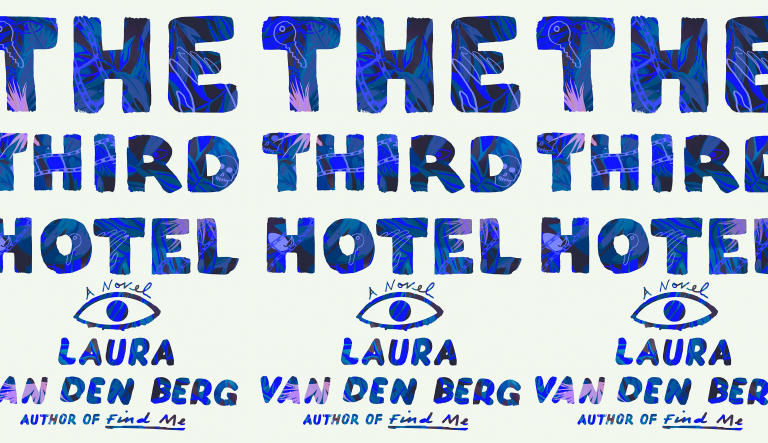
Buoyed by van den Berg’s sinuous, marvelous sentences, the novel is a deep dive into memory, love, and loss as filtered through film theory, metaphysics, and the humid, sunstroked cityscape of Havana.
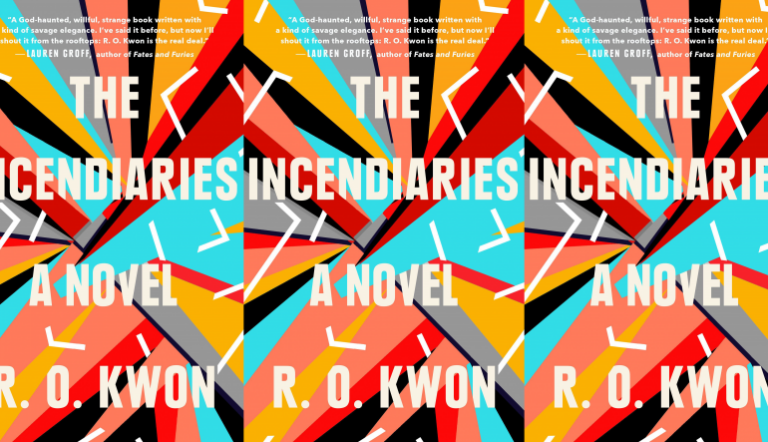
The book generates considerable momentum through its short chapters and often gorgeous language, and through the always present search for understanding. It is a difficult book to put down, one whose images and ideas remain long after the read.
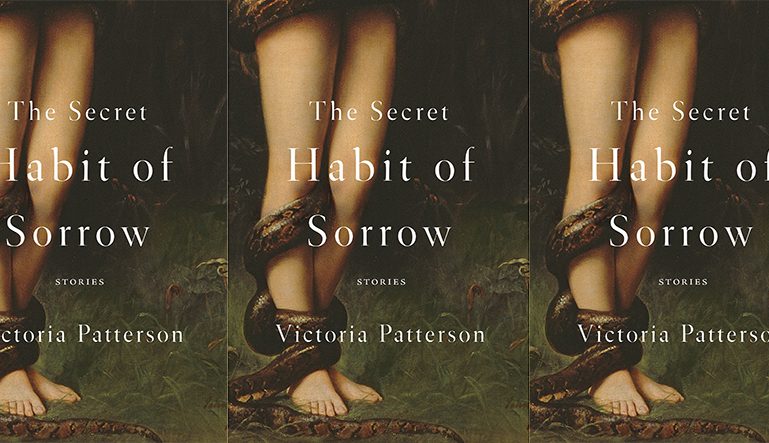
Each story is short yet encompassing, and while the plots don’t connect, the collection coheres thematically. Nearly all of the protagonists and those characters eddying around them feel this secret habit of sorrow.
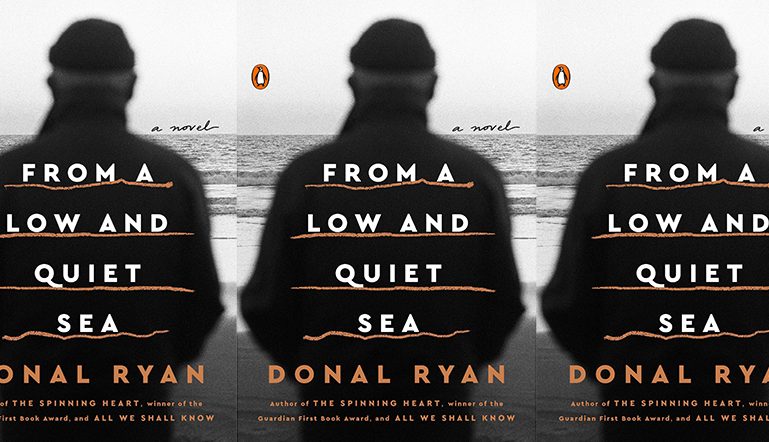
Ryan’s fourth novel clocks in at just under two hundred pages, and for most writers, telling the story of multiple characters in such a small space would be a challenge. But this book contains worlds. The reader is always searching for those connections, the echoes and strands that insist the stories be told as one.

The new, harsh landscape has an immediate effect on the narrator. Reno, to him, is a place with no peace where he exists in a state of permanent jet lag.
No products in the cart.